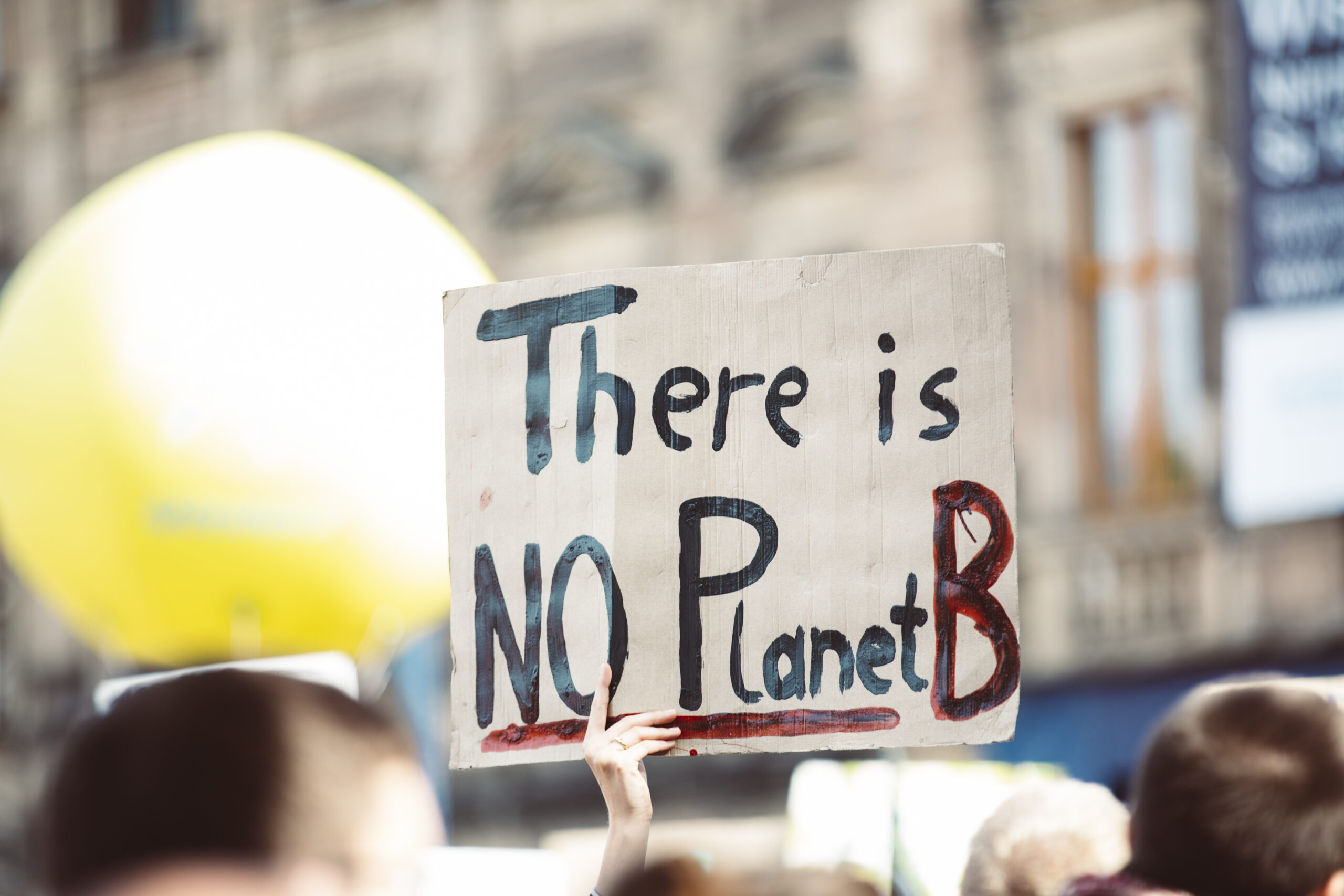Maryland Governor Wes Moore kicked off the new year on January 8th with an environmental roundtable of academic minds to discuss his long-term plans to fight climate change. Governor Moore emphasized the value of a collaborative approach in making his administration’s plans a reality, committed to working alongside environmental leaders, policymakers, and beyond.
As a lifelong Marylander and State Delegate representing Prince George’s County, I am keenly aware of how goals can be reached when parties from both the private and public sector join together.
During his roundtable, Governor Moore expressed, “We are committed to fighting climate change because we know it goes hand in hand with economic development.” The Governor said it best – it does not need to be either or, it is critical we fight climate change, while also driving economic development. In fact, in 2024, doing both is vital to Maryland’s long term success.
Baltimore is home to countless private entities that are committed to following the Governor’s lead – some are already doing so. In September 2023, Class I railway CSX, was awarded an $11.6 million Consolidated Rail Infrastructure and Safety Improvements (CRSI) grant to replace three locomotives at its facility at the Port of Baltimore, with battery electric locomotives and a charging station.
CSX received the grant in partnership with the Maryland Department of Transportation, and Wabtec Corporation in an effort to reduce greenhouse gas emissions in the highly industrialized city. In fact, the battery electric replacements “will be the first-ever zero-emission locomotives at an East Coast port.” By replacing the formerly diesel-electric powered locomotives, CSX would save 1,530 metric tons of CO2, 71 metric tons of NOx, and 3.43 metric tons of PM2.5.
The reduction in emissions achieved from CSX’s intentional investment actually exceeds the Environmental Protection Agency’s (EPA) set standards. Ultimately, those that work at the terminal and live in the surrounding areas will experience significantly less emissions as they go about their daily lives in Maryland.
In addition to making a groundbreaking impact in sustainability, one that can be and should be replicated by its Class 1 peers, this project will also bring economic benefits to the City of Baltimore. In support of the Maryland Department of Transportation and the Maryland Port Administration, the three battery electric locomotives will support access to the Port of Baltimore and maintain supply chain efficiency, while stimulating economic advancement across the region and throughout our State.
We are living in the age of information and technology, one that can transform the ways in which we live and operate. We must take advantage of this innovation and continue to make progress in our communities.
Making progress, especially on something as critical as fighting climate change, should be a priority not only for my fellow policymakers and our state administration, but for our partners in the private sector.
Fighting climate change goes hand in hand with economic development, and MDT, CSX, and Wabtec’s partnership is just one example. This impactful private-public partnership is proof of what can happen when both environmental and economic progress are prioritized.
Private and public entities recognize Governor Moore’s leadership on the issue, walking the walk. As we kick off 2024, I urge the other jurisdictions across the State to follow suit.
By prioritizing sustainability, we are not turning a blind eye to economic development, in so many ways, they are one in the same.
Delegate Adrian Boafo
District 23, Prince George’s County
